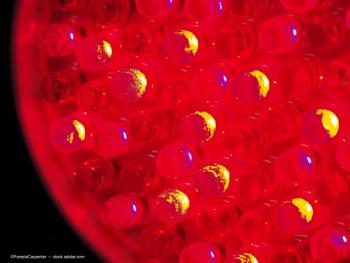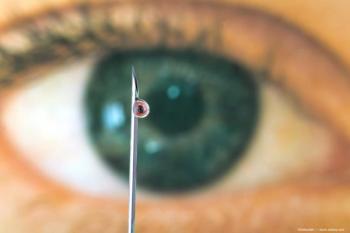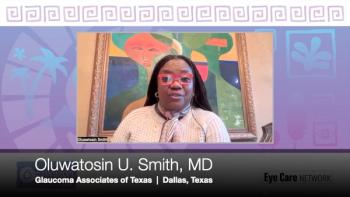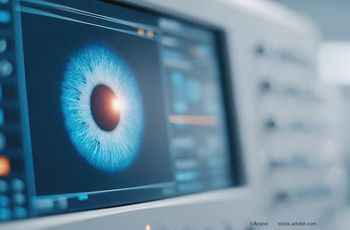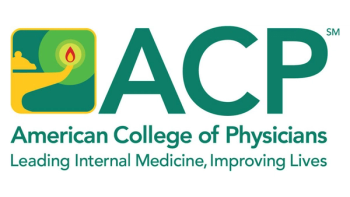
'No evidence' that refractive surgery causes chronic dry eye
Although almost half of all patients who undergo LASIK report dry eye symptoms, there is no real evidence that the refractive procedure causes chronic dry eye, according to James P. McCulley, MD, FACS, UT Southwestern Medical Center, Fort Worth.
Although almost half of all patients who undergo LASIK report dry eye symptoms, there is no real evidence that the refractive procedure causes chronic dry eye, according to James P. McCulley, MD, FACS, UT Southwestern Medical Center, Fort Worth.
"Dry eye after keratorefractive surgery is worse early postoperatively than late. It is not chronic unless there is pre-existing dry eye," explained Dr. McCulley during a symposium about the ocular surface and refractive surgery.
Refractive surgeons must examine patients carefully preoperatively to rule out dry eye and ensure that the ocular surface is healthy, he said.
Many patients who seek refractive surgery have been contact lens wearers and in some cases can no longer tolerate them because of dry eyes. All LASIK candidates should be evaluated for dry eye preoperatively and treated effectively before undergoing the procedure, he said.
"After LASIK, we know that we have challenged the eye," he said. "So we need to be prepared to tailor dry eye therapy to the individual patient postop."
Newsletter
Don’t miss out—get Ophthalmology Times updates on the latest clinical advancements and expert interviews, straight to your inbox.


